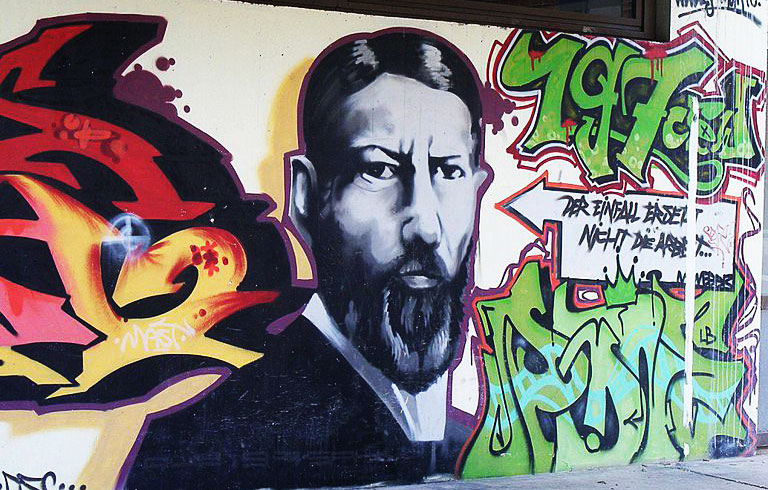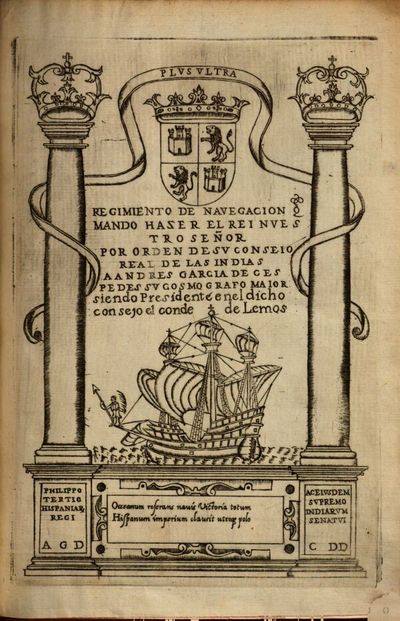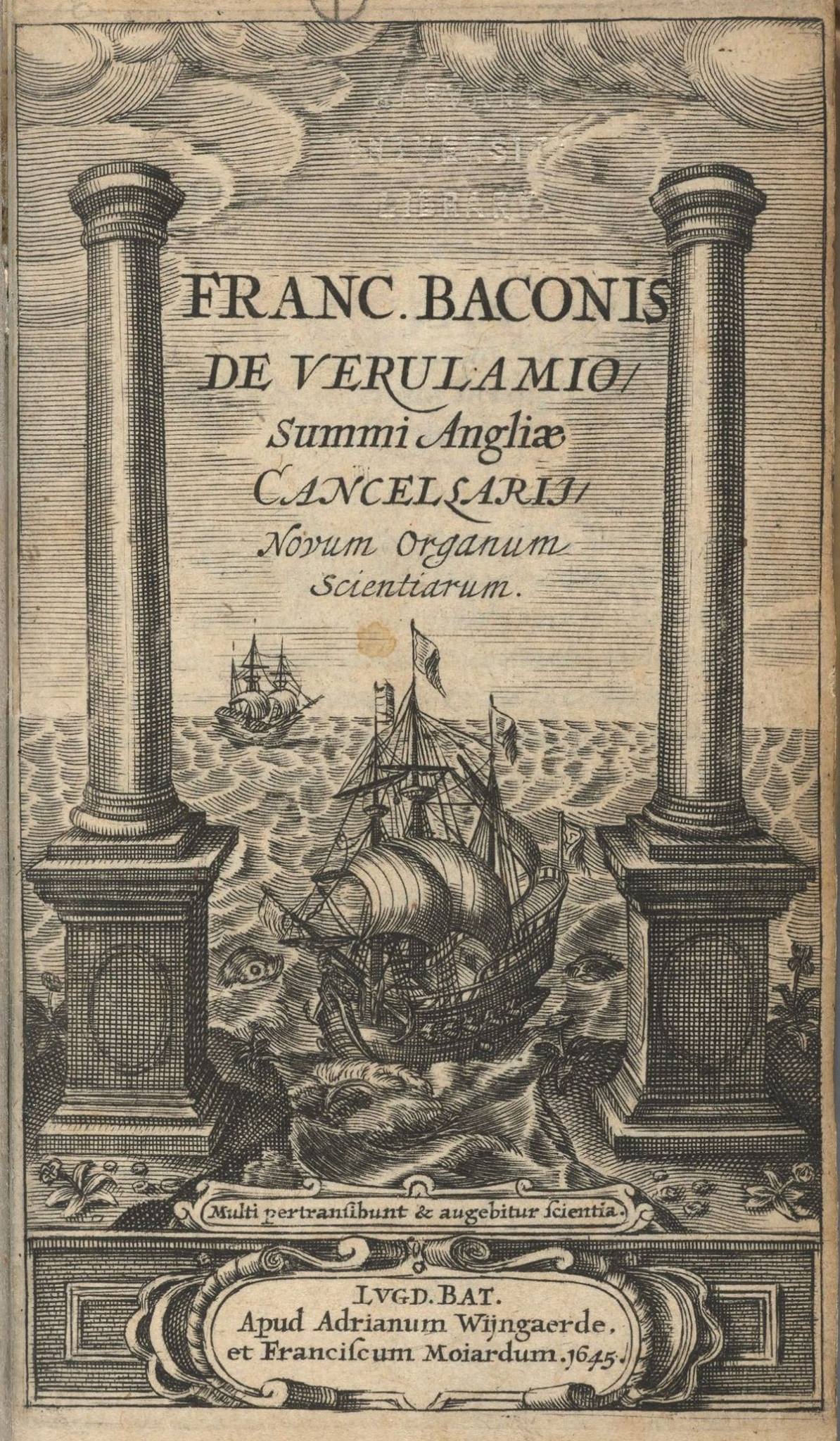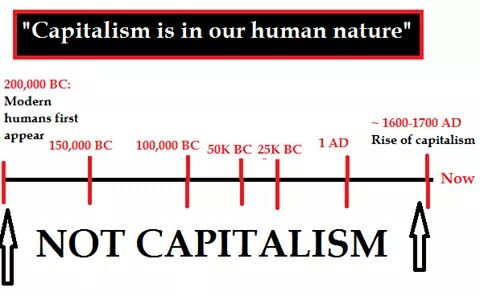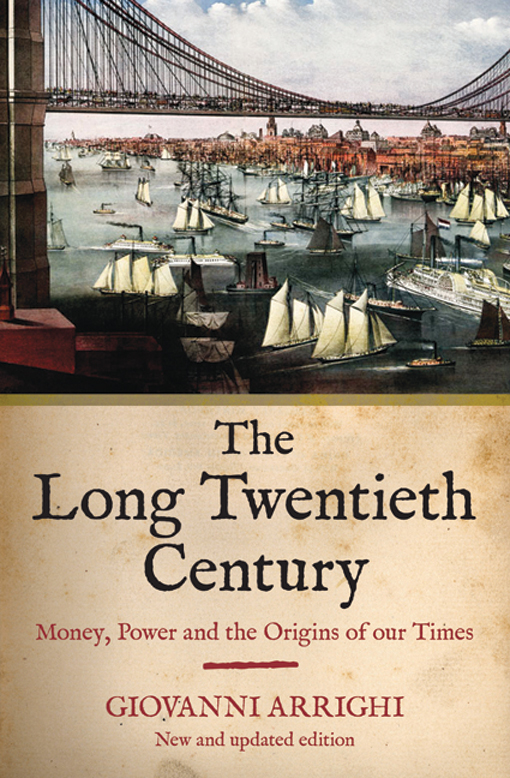
Arrighi, Giovanni (2010) The Long Twentieth Century: Money, Power and the Origins of our Times. (New and Updated Edition.) Verso Books.
Nos, Giovanni Arrighi (2010) is az orientális despotizmus logikáját folytatja egy “polkorrektebb” formában. Az orientális despotizmus egy olyan eurocentrikus diskurzus, amely szerint a mindenkori “Kelet” azért nem fejlődött úgy, mint a mindenkori “Nyugat”, mert alapvetően zsarnoki, központosított, militarista és tradicionalista uralom jellemezte “birodalmait” a “modern” nyugati államokkal szemben (lásd később). Ez Arrighinél akkor kerül felszínre, amikor mindenféle konkrét bizonyítékok nélkül a “territoriális” (nem európai / keleti / ázsiai) és a “kapitalista” (nyugat-európai) logikákat megkülönbözteti egymástól (???), és ez a dichotomikus metanarratíva magyarázza meg aztán a Nyugat kiemelkedését. A hegemóniaváltások és felhalmozási ciklusok összekapcsolásának gondolatával szemben Arrighi nekem abban nem volt szimpatikus, hogy nem láttam nála megfelelő empirikus bizonyítékokat (pl. André Günder Franknál vagy Robert Brennernél igen). A dichotómiás játék során viszont egy az egyben az eurocentrikus weberi érvelést termeli újra. Max Weber eurocentrizmusáról írtam egyébként most két cikket, de ott nem volt terem kifejteni az Arrighi-kritikát, ezért itt megteszem.
A világrendszer-elmélet megközelítésében a “Nyugat” kiemelkedésének kérdése úgy merül fel, hogy hogyan vált a kapitalista világrendszer a felhalmozás és uralom globális léptékűvé. Követői szerint, így például Giovanni Arrighi álláspontja alapján, ennek feltételei a „modern államközi rendszer” kialakulásában voltak a 17. században, amelynek előzménye az észak-itáliai városállamok alrendszerének kialakulása (Velence, Firenze, Genova, Milánó). Arrighi Ruggie-t idézi, akinek a találó megfogalmazásában az európaiak kétszeresen találták fel a modern államot,
„egyszer az itáliai reneszánsz vezető városaiban, míg ismételten valamivel később az Alpoktól északra fekvő királyságokban” (1993: 166 in Arrighi 2010: 38).
Arrighi hosszú világtörténeti elemzésében pedig azt vizsgálja, hogy hogyan folytatódhatott a nyugat-európai területszerzés és globális hegemónia kibontakozása az egyes nyugat-európai államok hegemóniájának váltakozása ellenére. Arrighi emögött az általános tendencia mögött a kapitalista és territorialista hatalomlogikák működésének különbségét látja. A még territorialista feudalizmus erodálódásával, először annak testén belül jöttek létre független politikai önrendelkezéssel bíró városállamok, amelyek már a kapitalista állami rendszer alapjait képviselték (Arrighi 2010: 28).
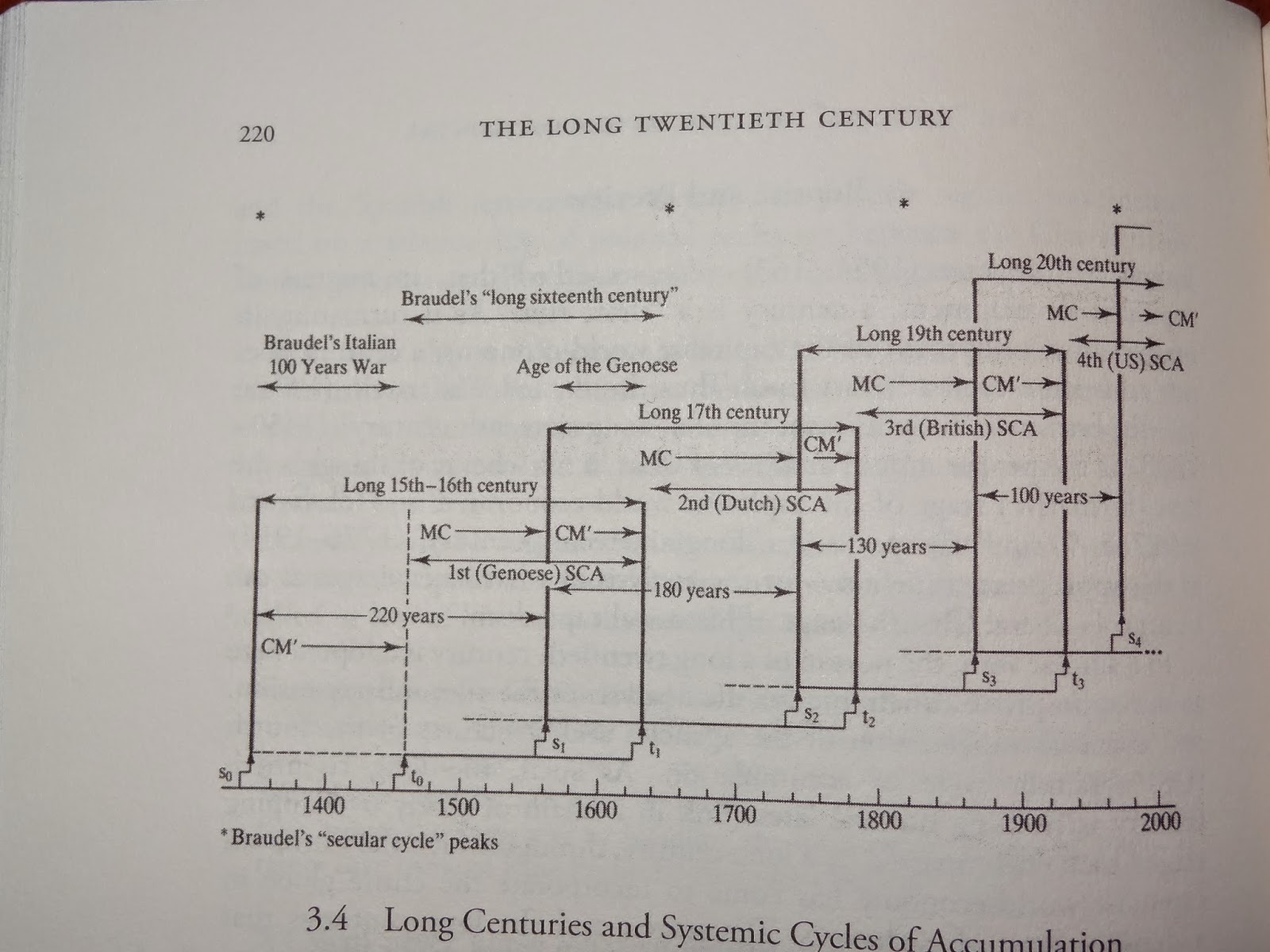
A kapitalista rendszerben, és ebben kiemeli az észak-itáliai városok közül prototípusnak tekintett Velence esetét, az állam a területszerzés és uralom törekvéseit kifejezetten kiadás/bevétel számítások alapján, elsősorban a profit növelésének, a tőkefelhalmozásnak alárendelten tervezi. A hatalomszerzés territorialista logikája ezzel éppen ellenkezőleg, a hadi és államfenntartási kiadásokat a birodalom területi és kereskedelmi terjeszkedésével kívánja biztosítani, míg a tőkefelhalmozás másodlagos marad. Ez utóbbi logikának az ideáltipikus példája a birodalmi Kína, és ennek alátámasztására Schumpetert idéz, miszerint Kína esetében nem állja meg a helyét állítása, ugyanis a prekapitalista állami formációk jellemzője az
„erőltetett terjeszkedés, mindenféle meghatározott, haszonelvű határral – vagyis, nem racionális és irracionális, tisztán ösztönös törekvések a háború és a hódítás iránt” (Schumpeter 1955: 64–65)
– Kína viszont a stratégiailag meghatározó pillanatban „bezárkózott.” Ezt Arrighi egy meglehetősen homályos és ellentmondásos érveléssel akarja feloldani, mondván, hogy
„az állami cselekvés logikai struktúrája a területszerzés és a tőkefelhalmozás tekintetében nem keverendő össze a valós végkimenetelekkel.” (Arrighi 2010: 35)
Azt magyarázandó, hogy a Ming kori „territorialista” Kína miért nem folytatta a Cheng ho admirális által vezetett tengeri expedíciókat a 15. század második felétől, kiemeli, hogy az európainál fejlettebb és jóval hatalmasabb kínai gazdaságnak nem fűződött komolyabb érdeke a nyugati terjeszkedéshez, ellenben az európaiak keleti terjeszkedését és hódítási szándékát (amely végül a nyugati felfedezésekhez is vezetett) elsősorban a kereskedelmük strukturális egyenlőtlenségei ösztönözték (Abu-Lughod 1989: 321–322). Arrighi magyarázata szerint tehát habár ebben az időszakban a kínaiakkal szemben az európaiak kezdtek el terjeszkedni, ez a területszerzés mégis inkább kapitalista logikákat tükrözött, hiszen alapvetően az ázsiai kereskedelmi pozíciók biztosítása volt a célja, nem pedig a hódítás (Wolf 1982: 125).
A tőkefelhalmozás logikája mellett a másik feltétel a hatalom megosztása a feudális hatalom legfőbb vezetői között (pápa és császár), valamint a megerősödő nyugat-európai dinasztikus államok közötti relatív hatalmi egyensúly képezte az előfeltételét a kapitalizmus kibontakozásának, azaz visszafogta a „territoriális logika” érvényesülését a „kapitalista logikával” szemben. Arrighi szerint tehát az észak-itáliai városállamok kis méretükhez viszonyított óriási hatalmuk mögött elsősorban a tőkefelhalmozás előnyben részesítése állt a „területek és alattvalók” megszerzésének territorialista céljával szemben. Másrészt, a kapitalizmus kialakulásának inherens feltétele a hatalom megosztása, hiszen ennek során a kapitalista államok csökkenthetik a védelmi költségeiket riválisaikhoz képest. Harmadrészt, a bérmunkaviszony kialakításával a háborús és államfenntartási költségeiket képesek voltak legalább részben bevételekké alakítani, afféle kisléptékű „háborús Keynesianizmus” formájában, hiszen a háborús kiadások megnövelték az állampolgárok jövedelmét, így az állam adóbevételeit, amelyekből ezek a kiadások újra finanszírozhatóvá válhattak:
„megfelelő mennyiségű pénz áramlott a gazdagabb itáliai városokba ahhoz, hogy lehetővé tegye az állampolgároknak önmaguk adóztatását, és hogy ezt a bevételt fizetett zsoldosokra költhessék. Ekképen, egyszerűen a fizetségük elköltésével ezek a felbérelt katonák visszaáramoltatták a kapott pénzt. Így pedig felelevenítették a piaci kereskedelmet, amely a városok számára ismét lehetővé tette, hogy eladhatóvá tegyék a fegyveres erőszakot. Ez a kialakuló rendszer tehát lényegében önfenntartóvá vált.” (McNeill 1984: 74 in Arrighi 2010: 39)
Mindezekhez szervesen kapcsolódik egy kiegészítő negyedik feltétel, a kiterjedt és rendkívül hatékony diplomáciai rendszer, amely „kvázi-monopolisztikus” pozíciót jelentett számukra a környező („territorialista”) államok információs hálózataiban.
Habár Arrighi több szempontból is igyekszik elhelyezni az európai fejlődést a világrendszer egészének kapcsolati hálójában, mégis világosan látszik a beszámolójából, hogy egy alapvetően eurocentrikus és orientalista világtörténeti érvelést követ, amely nagyban a Weber által is lefektetett előfeltételezéseken nyugszik. Igaz, az európai hegemónia kialakulását, a centrum alapján meghatározott értékek globális kivetítésének hatalmi logikáit és a gyarmati vagy imperialista kizsákmányolás működésének mozgatórugóit élesen bemutatja, ezeket azonban az előfeltételezésként kritikátlanul elfogadott nyugat-európai kapitalizmus kritikájának rendeli alá. Azt feltételezi, hogy a „territoriális logikának” lényegében minden nem kapitalista állam megfelel, és mivel a kapitalizmus kizárólag Európában jött létre, így minden nem európai államra vonatkozik. Kína esetében, és ennek nyomán a Közel-Kelet (Nyugat-Ázsia), India, Japán vagy a dél-kelet-ázsiai államok fejlődését az európai hegemónia térnyeréséig az európaitól lényegében különbözőnek, és alapvetően nem kapitalistának értékeli. Tulajdonképpen az orientális despotizmus elméletét követi, miszerint a „Kelet” sajátossága a birodalmiság, a nagy kiterjedésű, központosított, tekintélyuralmi rendszeren alapuló államok – a „birodalom” jelző funkciója, hogy hangsúlyozza, ezek nem az európai modern államok sajátosságaival bírnak, ami a későbbi ún. vesztfáliai rendszerben testesült meg. Az európai hegemónia kialakulásának egyfajta esszencialista eredettörténetét adja, amelyben az európai fejlődés különlegessége és megismételhetetlensége a kulcs a globális viszonyok elodázhatatlan, egyvonalú kialakulásában (a feudalizmusból a kapitalizmusba való átmenet). Mindezt úgy teszi, hogy semmilyen történelmi bizonyítékot nem hoz fel arra, hogy ez mégis miért és mennyiben lett volna ezeken a területeken másképpen, ráadásul már az is önellentmondásos, hogy az európainál jóval nagyobb és fejlettebb kínai vagy kelet-ázsiai gazdaságok és kereskedelem hogyan működhetett volna az európainál felsorolt legfontosabb funkciók nélkül (tőkefelhalmozás, politikai hatalom megosztása, bérmunkaviszony, diplomáciai hálózat). A történetét tehát eleve az európai hatalom kibontakozásának szemszögéből és belső tulajdonságaiból fakadó fejlődési pályája alapján vezeti végig. A Nyugat dinamikáját magyarázza, de a Keletet évszázadokon keresztül változatlannak tekinti, és nem a Nyugattal való kölcsönkapcsolati viszonyban határozza meg, hanem annak homogenizált ellentéteként.
